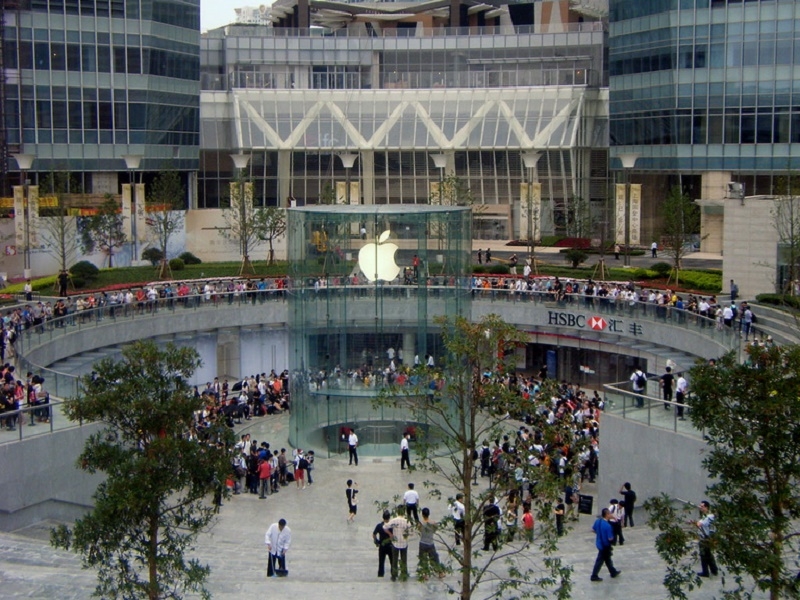After facing demands from the Chinese government to filter articles in its news app, Apple has decided to completely disable Apple News in the region, according to the New York Times.
Launched as part of the iOS 9 update, Apple News is currently only available to users in the US, though it is being tested in the UK and Australia. Phones registered in the US can still access Apple News while travelling abroad, but now it seems that China's strict censorship laws have resulted in Apple's decision to block the app in the country. Anyone in China who tries to use Apple News will be faced with an error message that reads: "Can't refresh right now. News isn't supported in your current region."
Larry Salibra, founder and CEO of software testing platform Pay4Bugs, detailed his experience with Apple News while on a trip to China in a blog post titled 'How Apple Censors News in China.'
They're censoring news content that I downloaded and stored on my device purchased in the USA, before I even enter China just because my phone happens to connect to a Chinese signal floating over the border. On device censorship is much different than having your server blocked by the Great Firewall or not enabling a feature for customers with certain country iTunes account. That Apple has little choice doesn't make it any less creepy or outrageous.
Any foreign company that does not abide to China's strict censorship rules risks being blocked by its 'great firewall,' which is used to deny citizens access to many foreign websites such as Facebook and Twitter. The onus is on the companies to filter out any 'sensitive' content, and it seems that rather than risk something slipping through the net and incurring the Chinese government's wrath, Apple has decided that to remove the app entirely. Google pulled its operations out of China in 2010 after the company said it was no longer comfortable with censoring its search results.
Apple News turns off when you roam into Mainland China. Disturbing. Not cool. pic.twitter.com/CYLUWGHE2H
--- Larry Salibra (@larrysalibra) October 2, 2015
China is Apple's second-largest source of revenue after the United States, with sales of more than $13 billion in the third quarter. The Cupertino-based company has yet to comment on the story.
